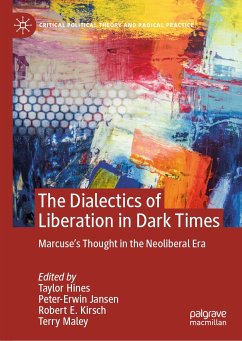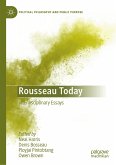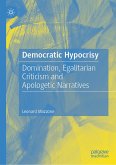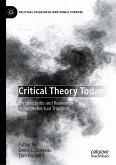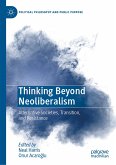This book develops Marcuse's critique of advanced industrial society and deploys it as a lens to critically analyze contemporary neoliberalism and its structural failures. In the chapters, Marcuse scholars explore three related topics: First, Marcuse's theory as it applies to the relationship between neoliberalism and authoritarianism, including both the historical relationship between the two and the modern re-emergence of authoritarianism and nationalism in neoliberal states today. Second, a re-examination of the relationship between neoliberal subjectivity and technological rationality that seeks to understand the stabilizing forces of neoliberal society and the way these forces register at the level of thought. Third and finally, Marcuse's conception of socialism in conversation with contemporary neoliberal rationality, and ways in which alternatives to the status quo remain possible. Together, this volume contributes to recent discussions of neoliberalism and contribute to thedevelopment of Marcuse scholarship.
Taylor Hines is Assistant Teaching Professor at Barrett, the Honors College at Arizona State University, USA.
Peter-Erwin Jansen is a Philosopher and Sociologist who studied with Jürgen Habermas and Axel Honneth at Goethe Universität, Germany, teaches at the University of Applied Sciences in Koblenz, Germany, and studies Holocaust Communication and Tolerance at Touro University in Berlin.
Robert E. Kirsch is Assistant Professor in the Faculty of Leadership and Integrative Studies at Arizona State University, USA.
Terry Maley teaches in the Politics Department and the Social and Political Thought graduate program at York University in Toronto, Canada.
Dieser Download kann aus rechtlichen Gründen nur mit Rechnungsadresse in A, B, BG, CY, CZ, D, DK, EW, E, FIN, F, GR, HR, H, IRL, I, LT, L, LR, M, NL, PL, P, R, S, SLO, SK ausgeliefert werden.

